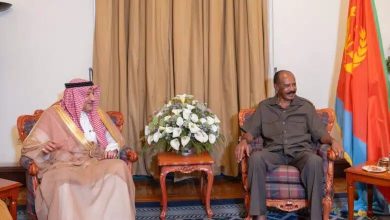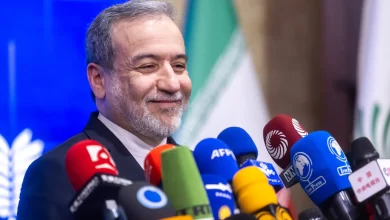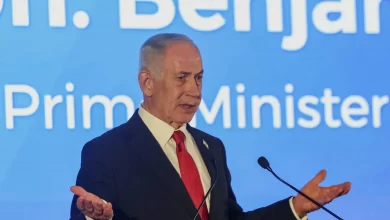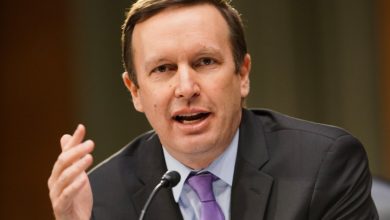Charter Forces… The Way Ahead (3-3)
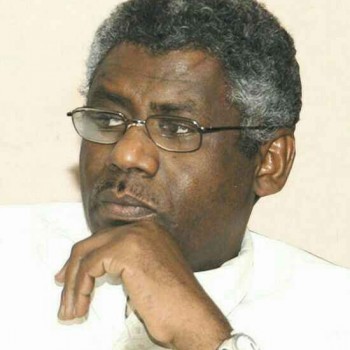
By: Adil El-Baz
As I see
1
In the previous episode, we finished reviewing the vision of the Charter through the document issued by the Sudan Charter forces. Now we present some ideas that may help the brothers, the forces of the Charter, to establish their alliance on firm foundations in terms of building the necessary structures for an unrestricting alliance and in terms of specific and agreed upon programs.
2
In order for the Charter not to remain a hanging paper that has no legs to walk on, an administrative structure must be established to follow up on the implementation of what was agreed upon in the Charter Forces Document. The Charter was devoid of any concept that could represent an executive tool for what was stated in its provisions. Accordingly, it was suggested that a council be established for all the forces of the Charter. This council would elect an executive committee with specific tasks to undertake the executive tasks of the proposed vision, and before that, herald it and promote the ideas it presents to the general masses of people. It leads the communication movement with the broad bases that formed the Charter Forces. This step would be effective in transforming the forces of the Charter into real, living forces on the ground that seek among people and not an esoteric entity that expresses itself with lifeless statements that no one cares about. This is the importance of having a structure and following up putting ideas on the ground, and this will also benefit the forces of the Charter in their relations with the ruling authority now represented by the army, since after proving the presence of those same forces inside Sudan with their continuous movement, no political process will be able to bypass them or diminish their value. These forces will be present and impose themselves on the government, on the street, on opponents, as well as on the regional and international community in any upcoming political developments, and this requires an effective executive tool that is always present in the political scene.
3
It is not enough to present new provisions or ideas, but what is required is that these provisions or ideas be transformed into serious work programs with specific dates. The task of the executive branch is to quickly develop this program and work on to implement it.
The first step ended four days ago, so what’s the next step? No one now puts forward any conception of it. For example, the vision talks about forming a Council of Ministers and a Legislative Council (Parliament). When and how this will be done, no one knows. What is required is a detailed program for each vision put forward in the charter, so that it becomes alive before it turns into a dead body of provisions that is visited by the changing winds of politics that do not wait for the laziness of politicians.
4
What is required now is to determine the date on which the comprehensive Sudanese-Sudanese Dialogue Conference will be held and then determine the time for the establishment of the Legislative Council and the Council of Ministers and when we will have a government and a sovereign council.
There is no time and talking about this is not a luxury. It is not possible to continue ruling a country in this arbitrary manner. There must be an effective government urgently. The challenges facing all political, economic and food sectors, in addition to the political battle in the War of Dignity, cannot be postponed or waited for a long time.
Those who think that the only field of war is the battlefields where the “bulls” and “jags” are located are completely wrong. The field of war is more comprehensive and broader than the battlefields. You may win on the battlefields but be defeated economically, and it will not work for you to be victorious there and defeated here. The best example of this is what is happening now in the field of the economy, in which the enemy has chosen to play by seeking to weaken the Sudanese pound and increase the rate of its deterioration, to have a direct impact on the battlefields. Unfortunately, the allies of the rebellion own and spend billions of dollars on the Janjaweed and the price of war, while we are now without an ally or friend (except for Qatar). Therefore, mobilizing our economic resources, despite their meagerness and exploiting them well, gives us a better chance of steadfastness and victory in the end over the enemy and its allies who are spending their money, and they will spend it, and they will suffer regret and they will be defeated, God willing.
5
Now that the Charter Forces have concluded their work and set their vision, the phenomenon of festivals, meetings, and long, boring speeches must stop and everyone must go to work without delay. We do not need more talk, as too much talk empties provisions of their content and sparks pointless conflicts between the allies and does not produce any good, contrary to opposite of work that supports cooperation and brotherhood and accomplishes valuable and useful work.
The people now, O people, do not need more of the froth of talk of which they are satisfied. Now their need for victory is for food, medicine and shelter. This will not be provided except by patient, diligent and intentional work to help the people and strengthen their steadfastness while waiting for the moment of achieving comprehensive and final victory. This will not be far away, God willing.
